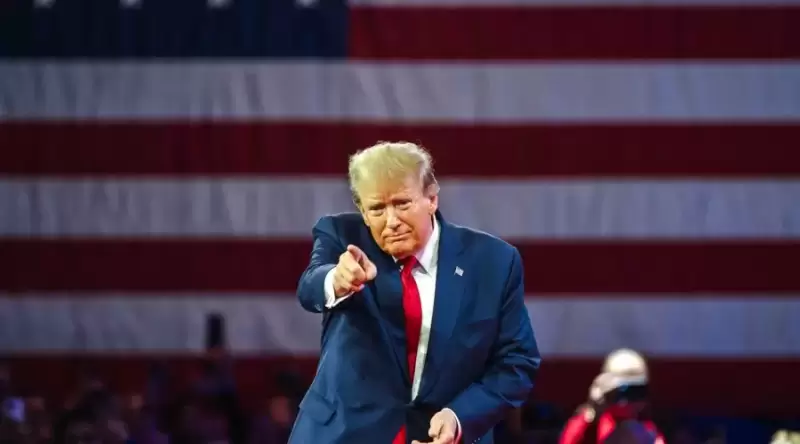Several nations, including Hong Kong, Germany, and Japan, are now debating whether Bitcoin deserves a spot in their fiscal reserves.

Hong Kong lawmaker Wu Jie has proposed adding Bitcoin to the city’s fiscal reserves, a move that could bolster Hong Kong's status as a crypto hub. Wu suggested using Hong Kong’s Exchange Fund to purchase and hold Bitcoin long-term. Emphasizing Bitcoin’s scarcity and potential to complement traditional assets like gold, Wu highlighted its role in combating inflation and offering practical advantages due to lower storage and transaction costs. However, he noted Bitcoin’s volatility and suggested allocating only a small percentage of reserves to digital assets. In a broader context, Bitcoin's increasing presence in mainstream finance further supports this initiative. The Hong Kong Stock Exchange already lists 12 cryptocurrency-linked ETFs valued at approximately HK$7.4 billion. This proposal aligns with a global trend, as major economies consider Bitcoin for national reserves. The U.S. has taken a significant step under President-elect Donald Trump's leadership, with discussions underway to create a national Bitcoin reserve. Trump's idea has sparked global interest, with countries like Germany, Poland, and Japan exploring similar possibilities. In Germany, former finance minister Christian Lindner urged the European Central Bank to consider Bitcoin, while in Poland, right-wing politician Sławomir Jerzy Mentzen proposed a national Bitcoin reserve, aiming to make Poland a crypto-friendly hub. In Japan, the opposition party questioned the prime minister about the feasibility of incorporating Bitcoin into reserves. However, concerns about Bitcoin's volatility dominated discussions. In the U.S., Trump's campaign pledge to make the country a global Bitcoin hub led to proposals like holding 10% of state reserves in Bitcoin. Wyoming Senator Cynthia Lummis expressed commitment to accumulating over 1 million Bitcoins. But the Federal Reserve has stated it cannot legally hold Bitcoin, highlighting the regulatory challenges involved. Other countries are also taking cautious steps. Russia has expressed interest in Bitcoin but remains wary of its price volatility. Meanwhile, El Salvador's adoption of Bitcoin as legal tender serves as a bold experiment that has drawn global attention. China also holds a substantial amount of Bitcoin, estimated at around 190,000 coins, which would be valued at $18 billion at current market prices. Analysts suggest that such holdings could be converted into ETFs listed in Hong Kong, further integrating Bitcoin into traditional financial systems. Despite growing momentum, Bitcoin's extreme price fluctuations present a major hurdle to its adoption as a reserve asset. For instance, the U.S. abandoned the gold standard in the 1970s over concerns about price stability. Given Bitcoin's lack of physical backing and unpredictable value, its inclusion in reserves is set to be a contentious topic.
Disclaimer:info@kdj.com
The information provided is not trading advice. kdj.com does not assume any responsibility for any investments made based on the information provided in this article. Cryptocurrencies are highly volatile and it is highly recommended that you invest with caution after thorough research!
If you believe that the content used on this website infringes your copyright, please contact us immediately (info@kdj.com) and we will delete it promptly.




















































































